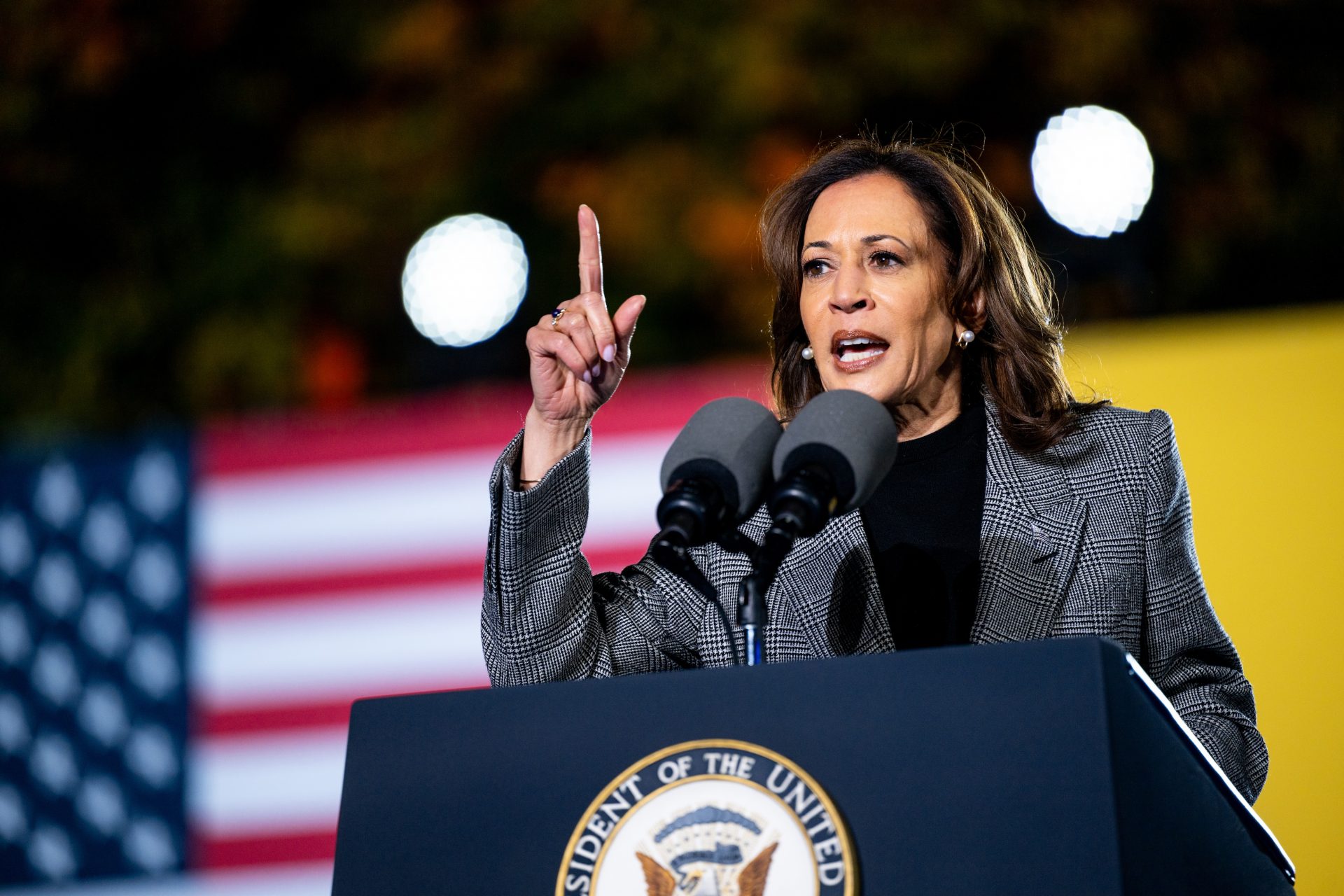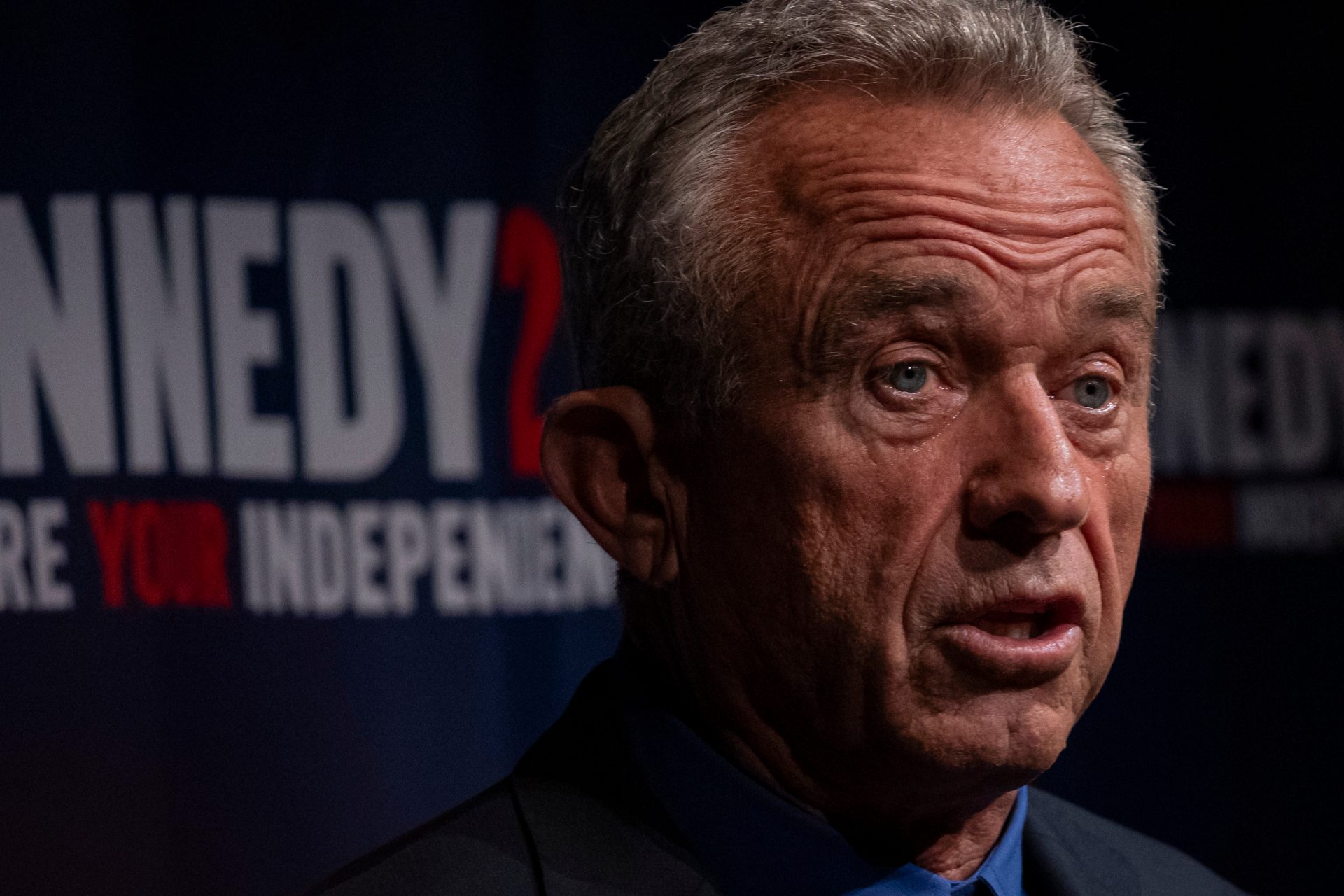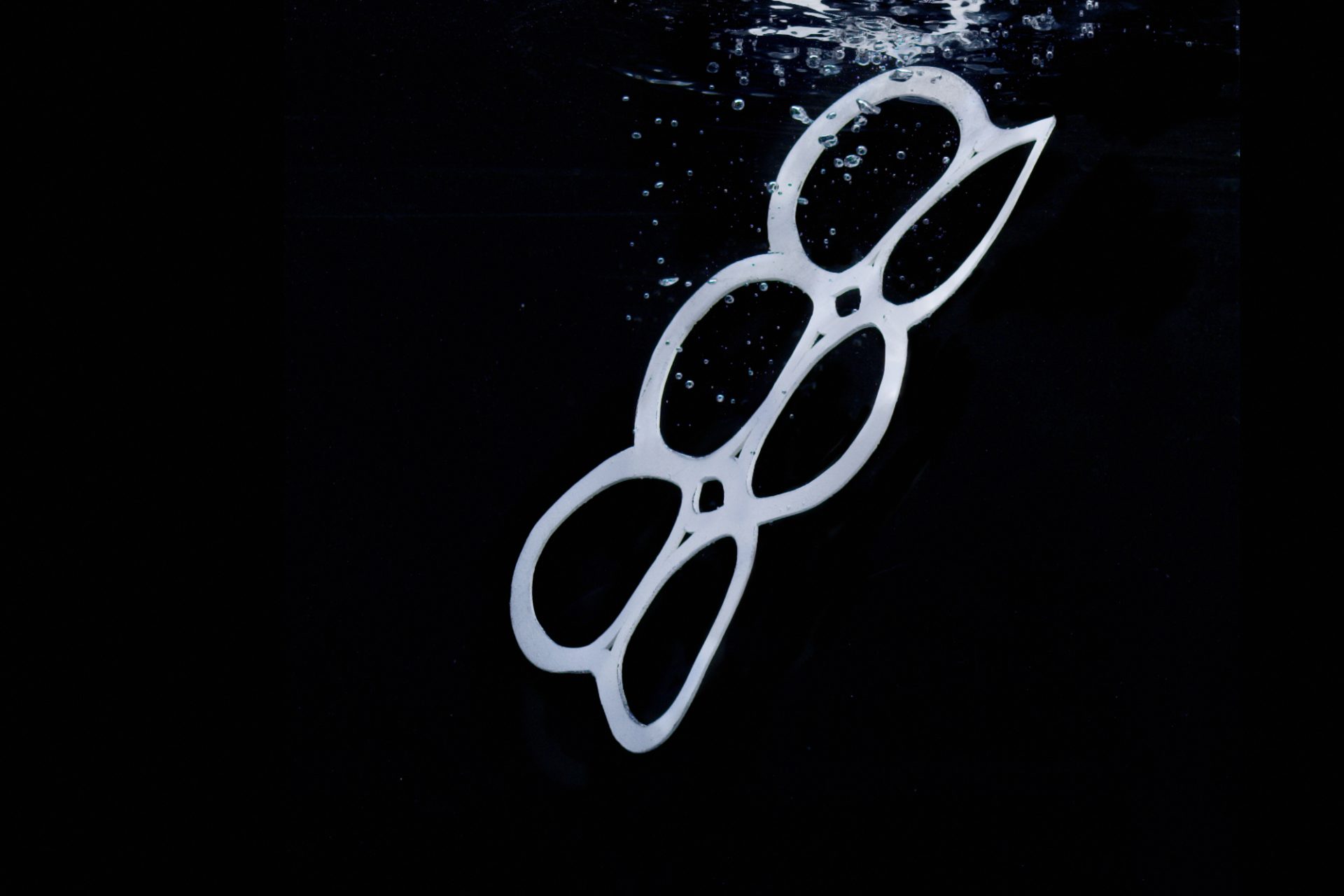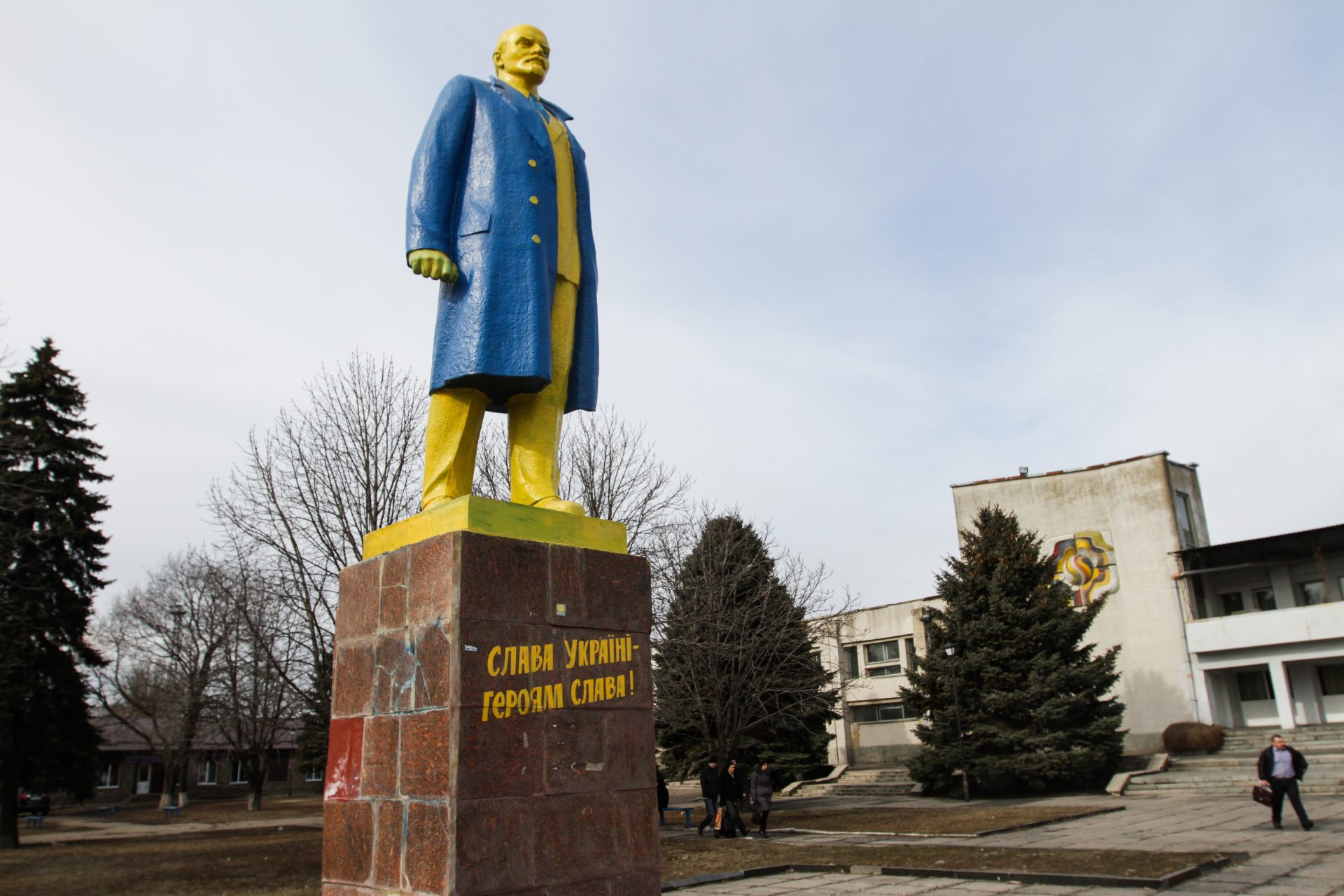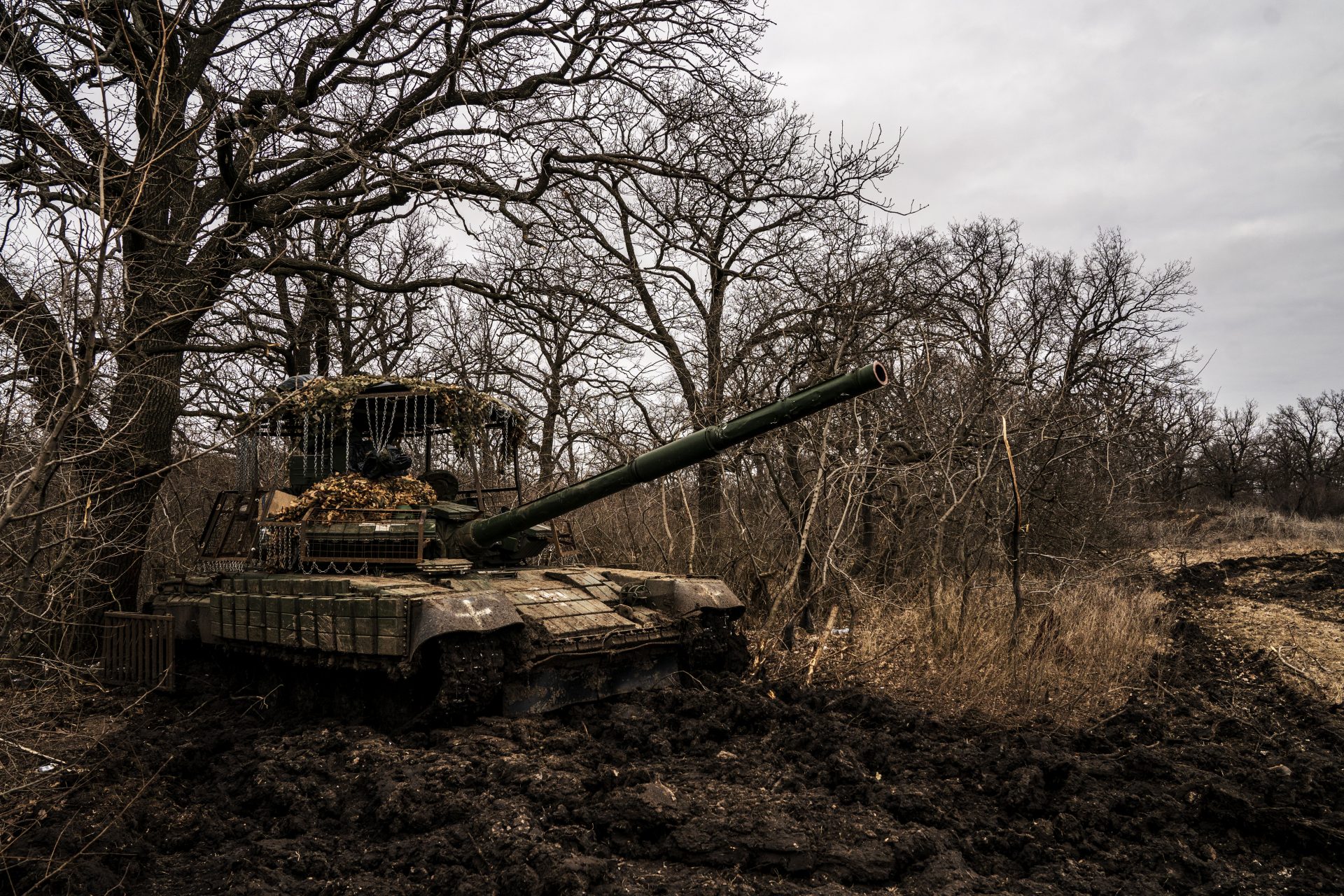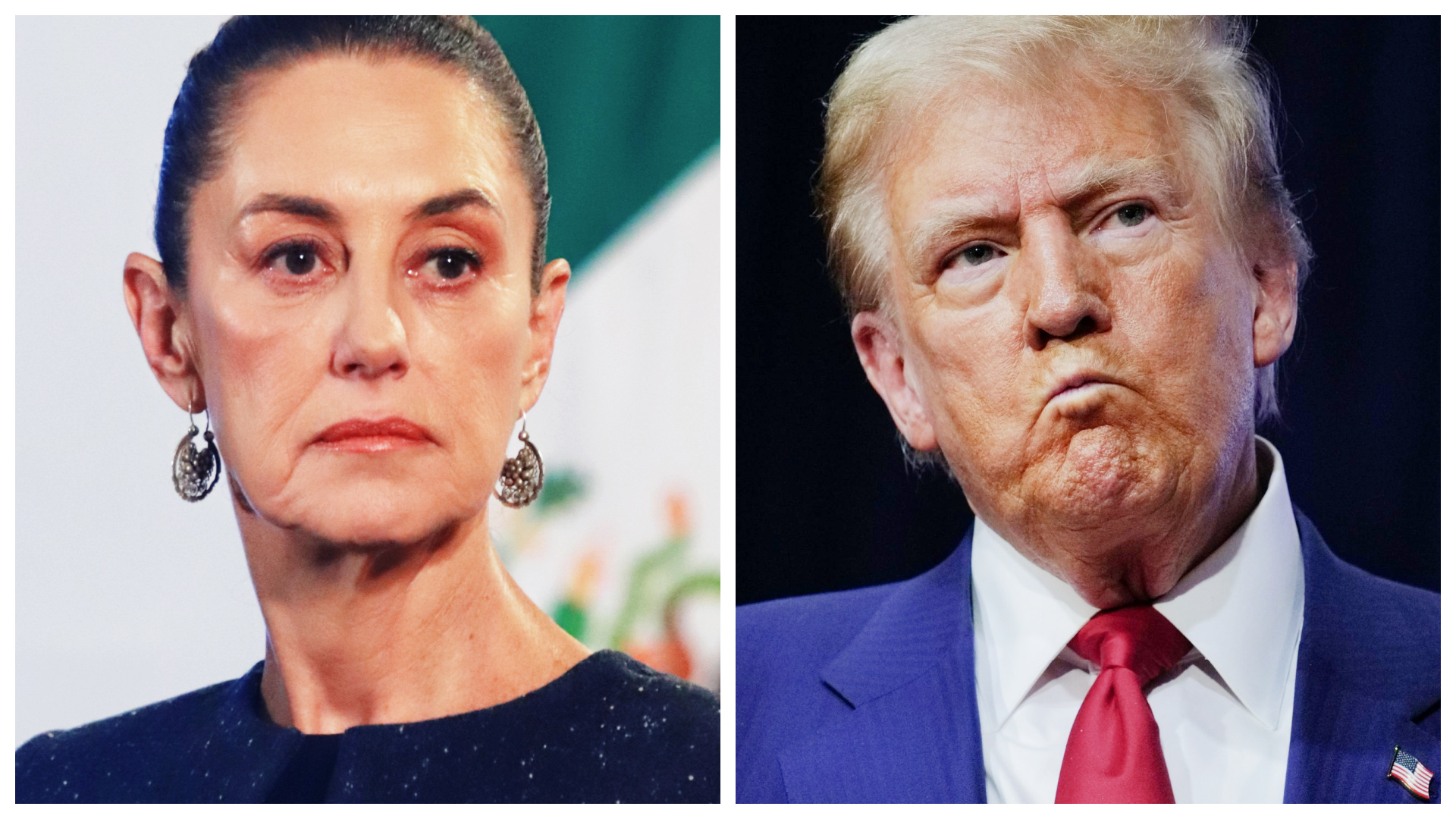Could Russia go bankrupt? Easy answers to questions about defaults, natural gas, and more
As of now, the current economic sanctions imposed on Russia have significantly increased the probability that Russia will default. The Economist quoted IMF (International Monetary Fund) Managing Director Kristalina Georgieva, who declared on March 13 that "We no longer think of a Russian default as improbable.”
Sanctions imposed by the United States, the European Union, and strategic partners are severe. They’ve imposed sanctions on individuals (including Putin himself, Minister of Foreign Affairs Sergey Lavrovm and oligarchs connected to the Kremlin) and taken different diplomatic measures.
There are two significant economic sanctions at play. The first involves preventing seven Russian banks and three Belorussian banks from making or receiving international payments using the SWIFT system.
The second sanction is freezing the Central Bank of Russia’s assets and therefore making it impossible for the bank to access assets within the central bank and foreign private entities.
According to the Council of the European Union, "In February 2022, Russia’s international reserves were worth $643 billion USD (579 billion EUR)."
According to the European Council, bans on Russia that were imposed by the EU, the United States, Canada, the UK, and other partners ensure that Russia can’t access any of its reserve funds abroad to finance their banks, thereby making it difficult to keep the ruble’s exchange rate stable.
As a result of the high military expenses that Russia incurred by invading Ukraine and the fact that a large number of Russian assets are frozen, Russia is facing a severe economic crisis. A default has been looming since early April. According to a Reuters report published on April 22, Russia is on the brink of defaulting.
PHOTO: Jon Tyson/Unsplash
In an attempt to distance himself from the looming default and ruble devaluation, Vladimir Putin signed a decree that went into force on April 1st which stabilized the debt so so-called ‘hostile’ countries would pay for natural natural gas in rubles, a primary source of the country’s wealth.
According to Russian news agency Tass, Putin emphasized that paying for natural gas in rubles is a step toward Russian financial sovereignty. European Commission president Ursula von der Leyen remarked that it was “another Russian attempt to blackmail using natural gas.” It has been viewed as Putin’s strategy to reach financial independence.
Poland and Bulgaria were the first two countries to suffer the consequences of this decree. After they refused to pay in rubles, Gazprom shut off their natural gas pipelines.
According to analysts, paying for natural gas in Rubles is a way to keep the ruble strong and prevent devaluation.
According to the exchange rates published by the BCE, the Russian currency has borne the brunt of sanctions, especially during the early days of the attack. On February 24th, the day that marked the beginning of the Russian invasion of Ukraine, a Euro was worth 96 rubles. By March 1 (the last day that the BCE rated it), the ruble’s exchange rate was 117,2010 to one Euro.
The ruble isn’t dead, but it is on life support. It seems like Putin’s policy and the measures taken by the Governor of the Central Bank of Russia Elvira Nabiullina are paying off, and the ruble seems to have exceeded pre-invasion values. Interest rates have reached 20%, and the accumulation of domestic reserves seem to indicate that Putin and Nabiullina made the right economic decision.
News outlets like Fortune don’t seem so convinced. They’ve emphasized that “the ruble might not show it, but Western economic sanctions against Russia are working (April 22, 2022.)”
In a speech given in front of the Duma, the lower legislative house of the Russian government, the Governor of the BCR declared that, “...the sanctions imposed against Russia affected the situation in the financial sector, spurred the demand for foreign currencies, and caused fire sales of financial assets, a cash outflow from banks, and surging demand for goods.” She later added that, “...the sanctions have affected the financial market, but now they will start to impact the real economy increasingly more significantly.” The specter of a ‘default’ is looming again.
The Governor’s speech seems to be in stark contrast to the Kremlin’s press releases on the country’s economic status.
In the days following her speech, Elvira Nabiullina clarified that Russia isn’t at risk of a default because they have means of paying their debts.
In economic and financial terms, a default is an individual, company, or country’s inability to pay off their debts. In other words it’s similar to bankruptcy.
A country can default when they spend more than they earn and can’t pay back their debts according to the agreed-upon terms. As a result, they become delinquent.
Usually a country goes into debt for different reasons including providing its citizens with social services, stimulating economic growth, and to finance their deficit, the difference between how much a country earns and how much it spends. This is referred to as public debt.
A country can owe debt to everyone, from small account holders to other countries, banks, or public and private domestic and foreign entities.
Normally a country uses a financial instrument called government security to obtain a loan. It's an obligation that can be paid back over the short, medium, or long term. In Italy, for example, government securities are part of BoT (Buoni ordinari del Tesoro. In Germany they’re called Bunds, in France they’re referred to as OAT (Obligations assimilables du Trésor), in Spain they’re called State Bonds, and in the UK they’re called Gilts.
A lot of factors can lead a country to default, such as a war, an economic crisis, accumulating too much debt, or currency devaluation.
Under normal conditions, the amount is restructured with the creditors and the country in question, and often new payment terms are established in what’s called debt restructuring.
The consequences that a default would have on the domestic economy could be much more drastic: a country in this situation would be restricted to increasing their income to pay off their debts. This tends to result in taxing citizens more and decreasing public spending and services.
Though they may seem unprecedented, defaults like the one Russia might face aren’t an isolated incident. Experts Carmen M. Reinhart and Kenneth S. Rogoff explain in their publication, 'A Decade of Debt' that there are are more than 200 cases of government defaults in history.
The most notable include the German Republic’s default (the so-called Weimar Republic) after the disastrous World War 1, Argentina’s $82 billion default, and Greece’s default in 2009.
Russia's case would be a little different: usually when a country defaults it loses access to international stock exchanges, but that’s already happened. The most severe consequence would happen if Russia decided to not pay their foreign creditors back. Not only would this affect the government, it would also impact Russian businesses. According to CNN, JPMorgan, an American financial service firm, estimates that the Russian government owed foreign creditors 40 billion dollars at the end of last year. That’s quite a chunk of change.
More for you
Top Stories






























